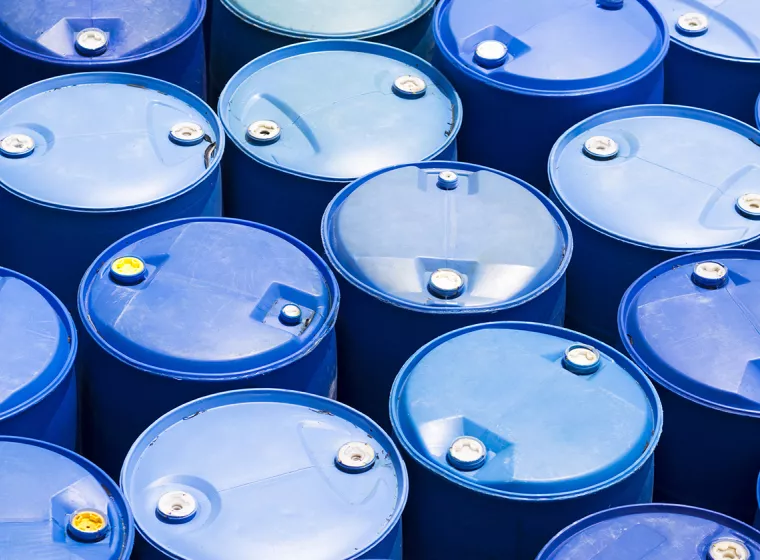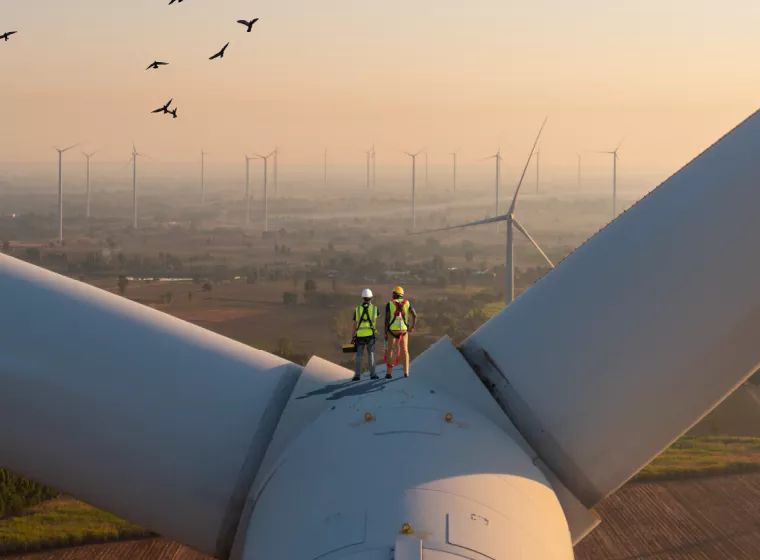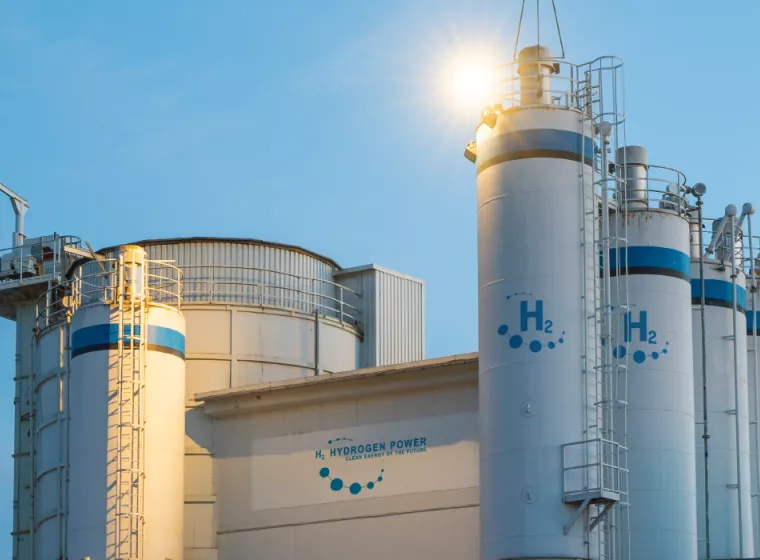May 7, 2025
The draft agreement from the International Maritime Organization mandates greenhouse gas emissions cuts and fees for ships operating above limits
Global shipping operators and other maritime industry stakeholders may soon be affected by new proposed caps on greenhouse gas (GHG) emissions. On April 11, the International Maritime Organization's (IMO) Maritime Environment Protection Committee (MEPC) released draft mandatory marine fuel standards, mandatory emissions limits, and fees for excessive GHG emissions for every ship ferrying goods, regardless of where maritime stakeholders operate.
The IMO intends to finalize these regulations in October, giving maritime sector members just over a year to prepare for compliance beginning in 2027. If approved, the new regulatory standards, referred to as the IMO Net-Zero Framework, will be a part of Annex VI of the International Convention for the Prevention of Pollution from Ships (MARPOL).
Greenhouse gas targets and guidelines
The global shipping industry, which agreed to eliminate GHG emissions by 2050, or as close to that date as possible, also set emissions targets for the years preceding that date. Developed as part of the 2023 IMO Strategy on the Reduction of GHG Emissions from Ships, the IMO Net-Zero Framework established at least two targets for 2030:
- Reduction in carbon intensity of international shipping by at least 40%
- Uptake of zero or near-zero GHG emission technologies, fuels, and energy sources to represent at least 5% of the energy used by international shipping
The IMO plans to develop guidelines on "well-to-wake" lifecycle assessments (LCA) of marine fuels that will be needed to ensure a true reduction of global GHG emissions, as opposed to shifting the emissions to different industrial sectors. The 2023 IMO Strategy on the Reduction of GHG Emissions from Ships additionally outlined various technical elements of their plan, such as improving energy efficiencies and using sustainable energy sources, as well as guidance on conducting robust and transparent LCAs for the sector.
What's next for maritime shipping and logistics stakeholders
To achieve forthcoming GHG emission targets set by the IMO, maritime sector stakeholders may want to accelerate the development of engineering systems and create robust environmental teams to conduct LCAs — structured analyses for quantifying the environmental impact of products based on material and energy resources required for their lifecycle. Like any modelling tool, the results of LCA models come with limitations and challenges, including acquiring appropriate data.
Additionally, maritime stakeholders may face challenges from public perception. Public scrutiny — sometimes in the form of lawsuits — of environmental stewardship and product-related claims made by maritime organizations has recently increased. Companies that calculate GHG shipping emissions associated with their products and processes can benefit from understanding how LCAs can be leveraged to address these issues and the importance of disclosures, due diligence, and transparency in the process.
What Can We Help You Solve?
As the maritime sector seeks a near-zero GHG emission future, Exponent's expertise and experience in environmental sciences and alternative fuels — including liquid natural gas, ammonia, hydrogen, and lithium-ion battery technologies — allows us to advise clients on the scope and execution of LCAs to realize sustainable maritime fuel supply chains.
Insights














